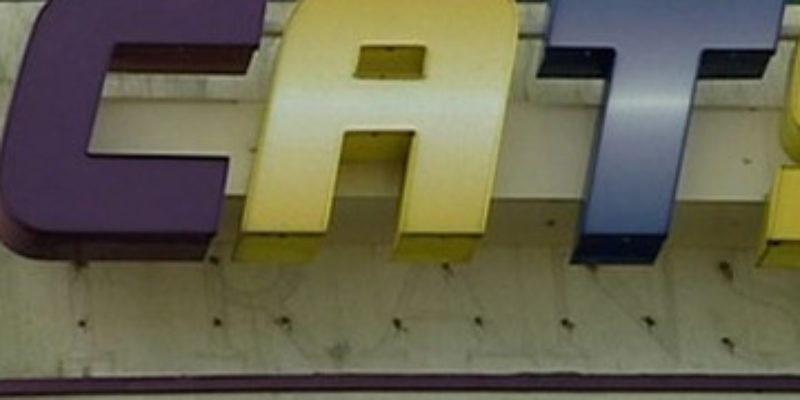The Baton Rouge Business Report has a story on something guaranteed to make your head hurt: namely, that UNO’s Transportation Institute is telling the CATS brass how much money they could save on buses if they just went out and blew a bunch of cash on electric buses.
Converting the entire diesel fleet to electric vehicles would save more than $2 million annually in fuel costs alone, according to the study. Electric buses are easier to maintain and need to be replaced less often, which would generate additional savings, the study shows.
An electric bus costs $0.19 per mile to operate, compared to the diesel buses CATS currently operates at $0.86 per mile on average. CNG vehicles would cost $0.44 per mile, the study shows. Over 24 years, if the entire fleet were replaced with electric buses, the buses could pay for themselves and make an additional $7 million.
Does anybody know what the future of public transportation will be 24 years from now? The bet here is that 24 years from now the road will be full of self-driving cars plugged into a web-based system, and there will be little use for buses at all – you’ll use a system something like Uber, only without an actual driver, and if you’re signed up for public transit you’ll have a monthly transportation account you can draw from.
Why this study operated on the basis of 24-year projections is beyond us.
Oh, and don’t worry about the upfront cost. It’s negligible. Cough, cough.
“Electric comes far away the winner,” Vivek Shah, a research associate with UNO, told the CATS Planning Committee at its meeting Friday. “The only problem is the large upfront cost, and battery-powered electric is not yet a market.”
Electric buses cost between $750,000 and $800,000 per bus, whereas diesel buses cost about $430,000 per vehicle and only three companies sell electric buses worldwide, Shah said.
CATS would need to upgrade some of its bus storage facilities if it converted to electric buses. An electric fleet also would require electric charging stations along CATS routes, with the stations estimated to cost $600,000 each. Shah recommended putting one charging station at each of CATS’ five hubs.
CATS asked UNO for a study because the federal government isn’t giving out grants for diesel buses, which are the cheapest buses on the market, as much anymore. You can get more free swag from Uncle Sam if you blow twice as much money on hybrids or electrics or maybe CNG buses. And with 81 buses in the fleet CATS wants to start cycling out the current fleet at 8-10 a year.
Meaning that over 24 years the $800,000 electric buses would be cycled through 2.4 to three times. One wonders if that cost was factored in – the guess is if you’re going to be spending $6.4 to $8 million per year buying new buses you’re not going to break even.
One also wonders what price for diesel was used to calculate that $0.86 per mile.
We just get a kick out of the “study” which gives short shrift to the massive upfront cost to building an entire infrastructure around electric buses and then touts how cheap they’ll be once that massive investment is made.
Oh, but the federal government – which is $18 trillion in debt – will pay for some fraction of that cost. So it isn’t really our money.
On Jan. 20, the study will be officially presented to the CATS board, and you can bet they’ll have collective orgasms about the electric buses. And you can bet Mayor-President Kip Holden will then make it a crusade to give us electric buses regardless of the cost.
And the buses will remain empty, regardless of how they’re powered.
Advertisement
Advertisement

